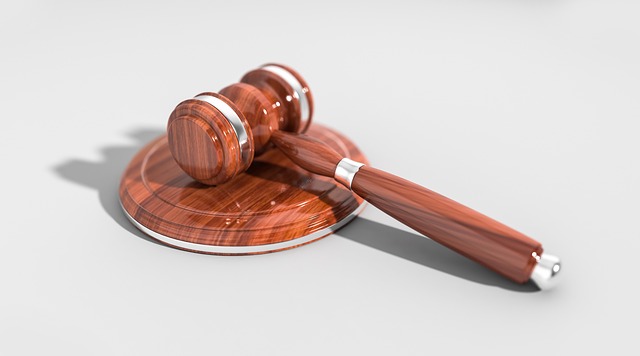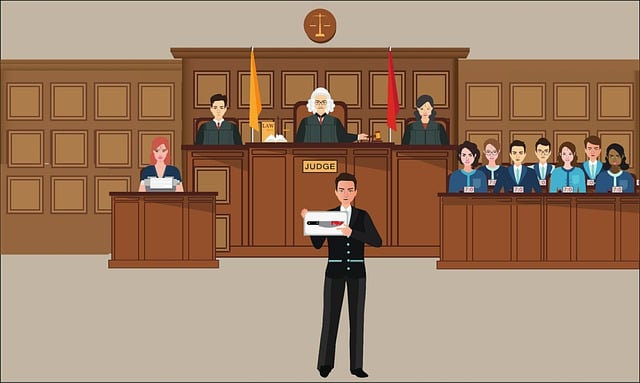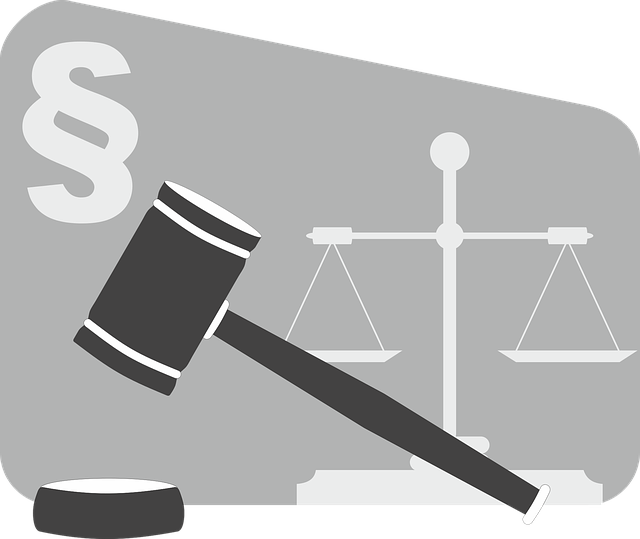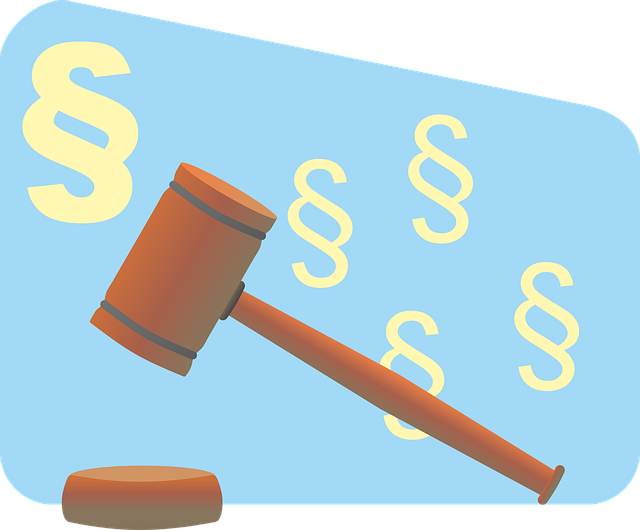Corporate Crime Investigations tackle complex cases involving illegal business activities like fraud, money laundering, and environmental violations. They require legal expertise and investigative skills to uncover evidence and assign liability. In real estate disputes, identifying red flags such as document discrepancies and suspicious transactions is crucial for early intervention. The investigation process involves gathering evidence, interviewing personnel, reviewing financial records, tracking money trails, and employing digital forensics. Meticulous documentation, proper evidence handling, and adherence to data collection protocols ensure admissible evidence in court. Preventive measures like robust internal controls, strict policies, compliance training, and open communication deter employees from illegal activities, aiding in successful white-collar defense strategies and effective resolution of real estate disputes.
Corporate Crime Investigations delve into complex business transactions, uncovering illegal activities that can undermine corporate integrity. This article guides you through the essentials, from recognizing red flags like potential real estate disputes to understanding the investigation process, legal considerations, and evidence handling. Learn effective strategies for prevention, including how to resolve real estate disputes, ensuring your business operates with transparency and ethical standards.
- Understanding Corporate Crime Investigations: The Basics and Scope
- Identifying Red Flags: Recognizing Potential Real Estate Disputes
- The Investigation Process: Steps to Uncover the Truth
- Legal Aspects and Evidence Handling: Ensuring a Robust Case
- Preventive Measures: Strategies for Businesses to Avoid Corporate Crimes
Understanding Corporate Crime Investigations: The Basics and Scope

Corporate Crime Investigations delve into complex and sensitive matters where businesses or their representatives engage in illegal activities. This includes a wide range of offenses such as fraud, money laundering, embezzlement, and violations of environmental regulations. The scope encompasses not just criminal acts but also regulatory compliance issues that can significantly impact an organization’s reputation and financial health. Understanding the nuances of these investigations is crucial for achieving extraordinary results in white collar defense strategies.
These inquiries demand a meticulous approach, combining legal expertise with investigative techniques to uncover evidence and establish liability. Professionals in this field must navigate intricate financial transactions, analyze documentation, and sometimes engage in undercover operations to expose misconduct. With an unprecedented track record of success, effective corporate crime investigations play a vital role in upholding the integrity of business practices and ensuring justice is served.
Identifying Red Flags: Recognizing Potential Real Estate Disputes

Identifying potential real estate disputes is a crucial step in corporate crime investigations, as these conflicts can often lead to significant legal and financial implications for businesses. The first red flags to look out for are discrepancies in property ownership documentation, such as missing or forged titles, deeds, or contracts. Additionally, suspicious transactions involving large sums of money related to real estate should raise concerns. These may include unusual wire transfers, complex shell companies, or investments made without proper due diligence.
Real estate disputes can arise at various stages of the investigative and enforcement process, from initial acquisition to ongoing management. Understanding the root causes is key to achieving extraordinary results in resolving these issues. Whether it’s a dispute between business partners over property distribution or a legal battle with local communities, early intervention and thorough investigation are essential. By delving into all aspects of the conflict, from financial records to stakeholder interviews, investigators can uncover underlying problems that may have far-reaching implications for the company’s reputation and future operations within philanthropic and political communities.
The Investigation Process: Steps to Uncover the Truth

Uncovering the truth behind corporate crimes involves a meticulous investigation process, especially in complex scenarios like real estate disputes. The initial steps include gathering evidence—documenting transactions, interviewing key personnel, and reviewing financial records. This phase is crucial for understanding the facts and identifying potential legal or ethical violations.
As investigations progress, analysts must employ strategic techniques to achieve extraordinary results. This may involve following money trails, analyzing digital forensics, and reconstructing events to pinpoint responsibility. In high-stakes cases, particularly those with implications for white-collar defense, precise methodology is key. By combining thoroughness with innovative strategies, investigators can navigate these labyrinthine disputes and deliver justice.
Legal Aspects and Evidence Handling: Ensuring a Robust Case

In Corporate Crime Investigations, understanding the legal aspects and proper evidence handling is pivotal for resolving cases effectively. When dealing with complex business transactions and corporate misdeeds, navigating the intricate web of laws and regulations can be challenging. A robust strategy involves meticulous documentation, preserving digital footprints, and adhering to strict protocols for data collection. This ensures that any evidence collected is admissible in court, enhancing the chances of a successful prosecution.
Effective handling of evidence includes secure storage, chain-of-custody management, and employing advanced technology to maintain integrity. These practices are crucial not only for winning general criminal defense cases but also for upholding the integrity of the justice system. Moreover, understanding how to present this evidence during jury trials, considering the context within philanthropic and political communities, is essential in achieving just outcomes that resonate with society at large.
Preventive Measures: Strategies for Businesses to Avoid Corporate Crimes

Preventive measures are a crucial aspect of corporate crime investigations, aiming to fortify businesses against potential illicit activities. One effective strategy involves implementing robust internal controls and policies. This includes regular reviews of financial transactions, strict access controls to sensitive data, and transparent reporting mechanisms. By establishing clear guidelines and promoting an ethical culture, companies can deter employees from engaging in fraudulent or illegal practices.
Additionally, staying informed about industry regulations and best practices is vital. Regular training sessions on compliance, ethics, and risk management help employees recognize potential red flags. Businesses should also foster a culture of open communication where employees feel comfortable reporting suspicious activities without fear of retaliation. These proactive steps, coupled with effective oversight, can significantly reduce the likelihood of corporate crimes, ultimately contributing to the success and integrity of the organization, as well as winning challenging defense verdicts in the event of unexpected legal issues, especially in white-collar defense cases.
Corporate crime investigations are multifaceted processes that require a deep understanding of legal frameworks and investigative techniques. By identifying red flags, such as potential real estate disputes, and implementing robust investigation procedures, businesses can uncover truth and mitigate risks. Legal aspects and evidence handling play a crucial role in ensuring a strong case, while preventive measures like strategic planning and employee training are essential to avoid corporate crimes, including those related to How to Resolve Real Estate Disputes. Armed with this knowledge, businesses can foster a culture of integrity and compliance, safeguarding their reputation and interests.






